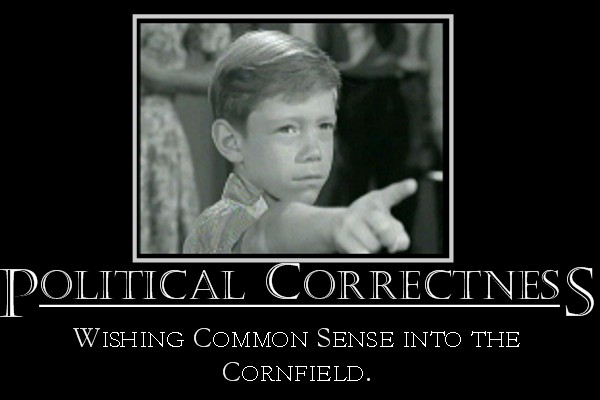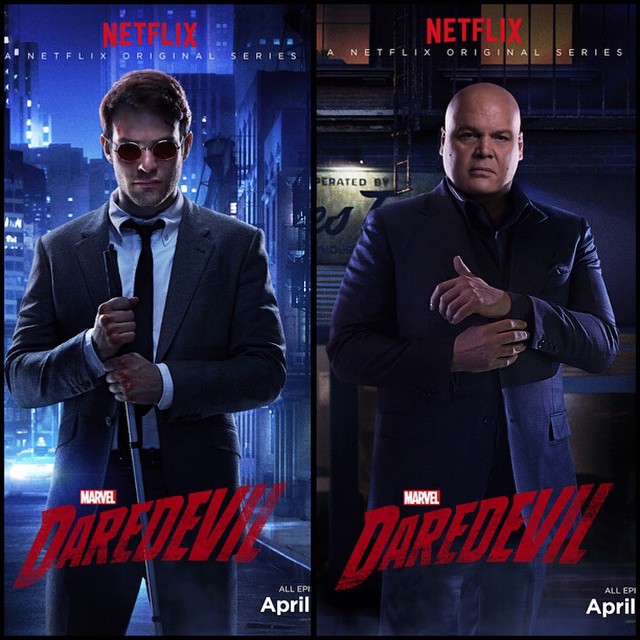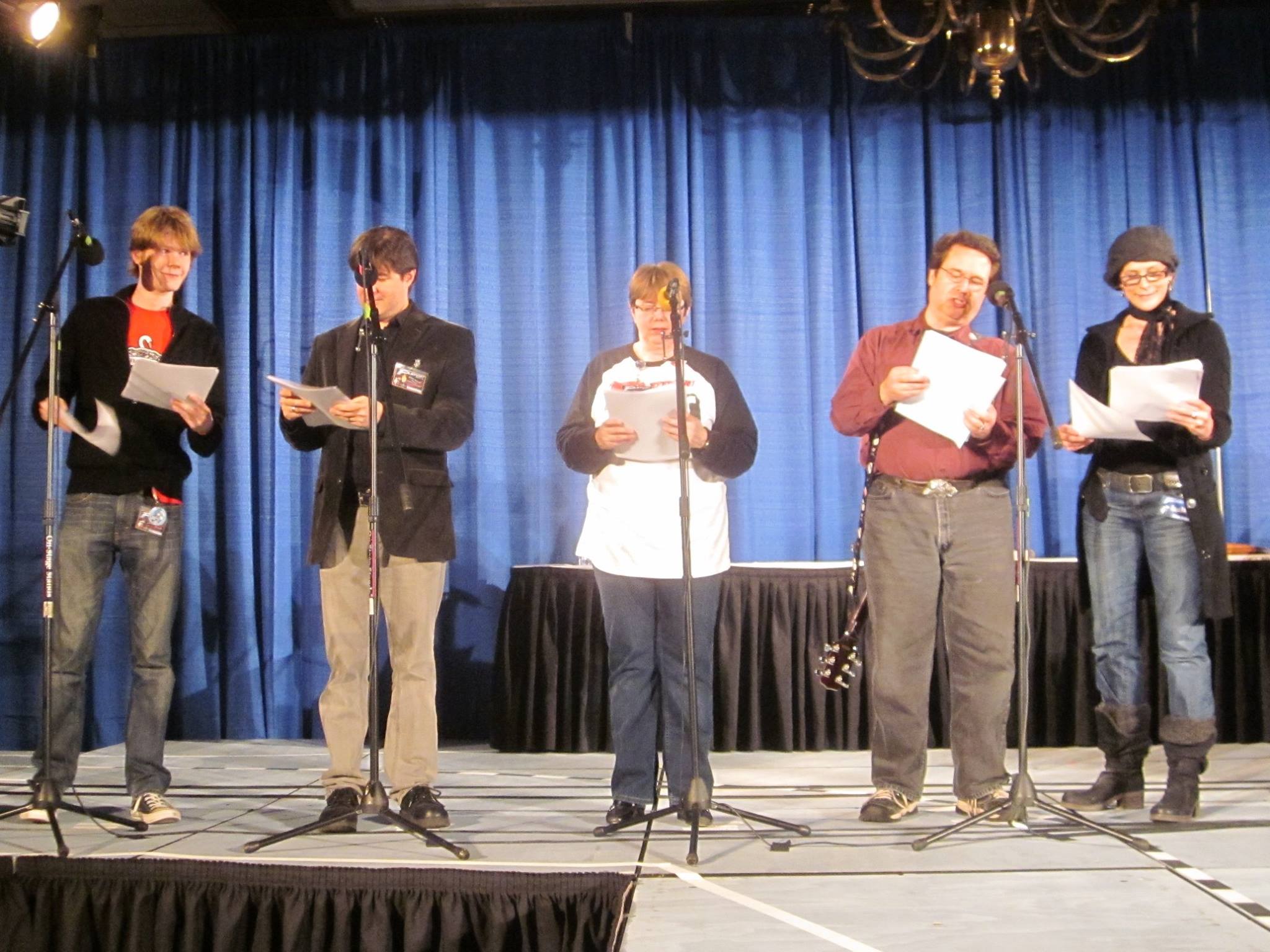So many gods, so many creeds,
So many paths that wind and wind,
While just the art of being kind,
Is all the sad world needs.
(“The World’s Need” – Ella Wheeler Wilcox)
That there, my friends, is what we call (with a sneer) a platitude. No, that’s not an animal related to Perry the Platypus. It’s a trite, sort of obvious, not particularly helpful bit of advice that people are wont to give when things get complicated. Platitudes are spouted so often that they become meaningless. But this platitude means something to me.
You see, it was proudly displayed (and, as far I know, still is) on the family room wall of the house next door to mine when I was growing up. The house belonged to a retired postmistress named Ruth Bryant and her daughter, Eva. Eva still lives there. Mrs. Bryant was just about exactly the age of two of my grandparents, born as the now-vanished 20th Century was only a year old. She remembered a time before there was ever such a thing as a World War, before electricity, before radio, before the Titanic sunk and forced the lords and ladies of Downton Abbey to go get jobs like normal people.
The saying was emblazoned in a needlepoint sampler that hung above Mrs. Bryant’s easy chair. When I spent mornings with her before getting on the bus for afternoon Kindergarten, I would read it over and over, sometimes out loud if I was feeling brave. Mrs. Bryant would assure me that that saying was true. And she lived that saying, as far as I could see. In all my five or so years I’d never met anyone kinder. 45 years later, I still haven’t.
 Mrs. Bryant died just as a thing called “Political Correctness” was taking hold in her beloved America. I don’t think she would have thought very much of it. Nor do I. And I think my disapproval goes back to those words above.
Mrs. Bryant died just as a thing called “Political Correctness” was taking hold in her beloved America. I don’t think she would have thought very much of it. Nor do I. And I think my disapproval goes back to those words above.
Continue reading →
 Like everyone in Maryland, I’ve been watching the coverage of the Baltimore riots.
Like everyone in Maryland, I’ve been watching the coverage of the Baltimore riots.

